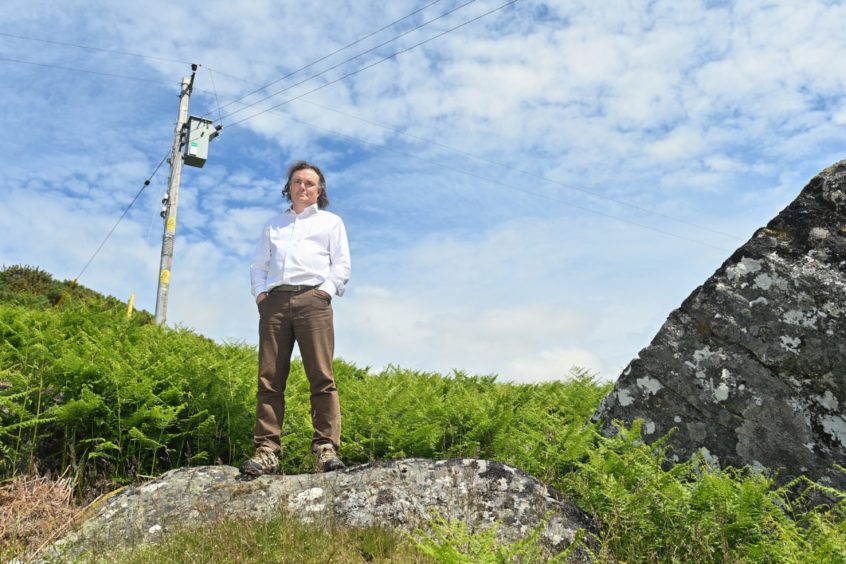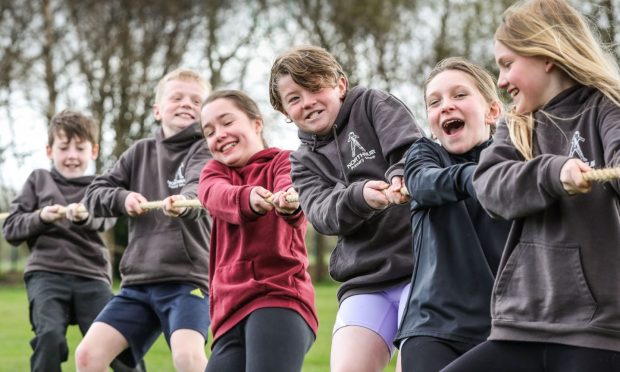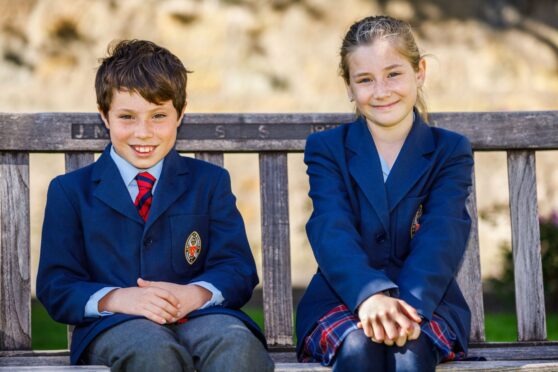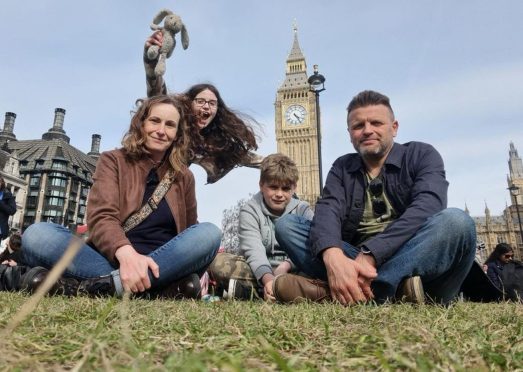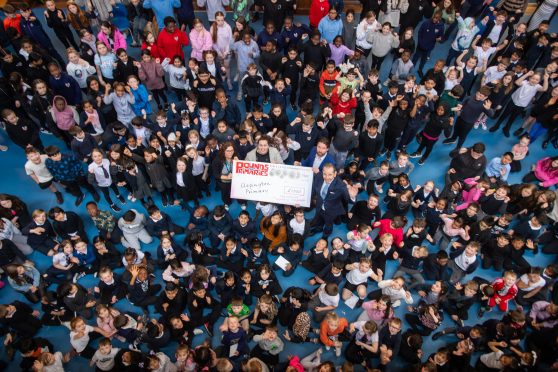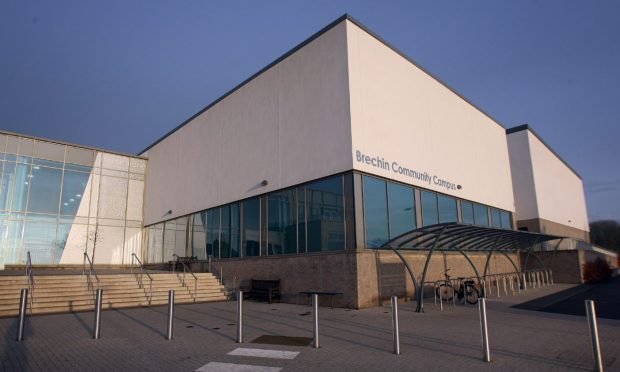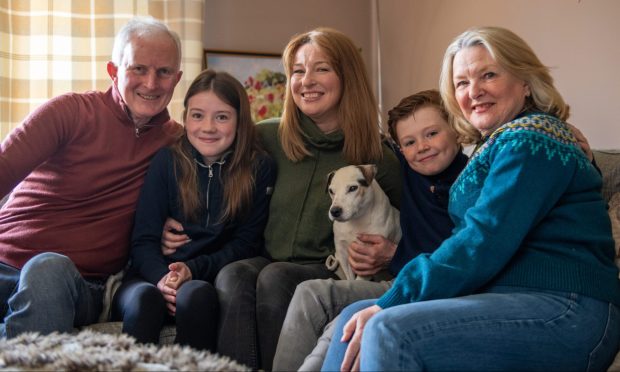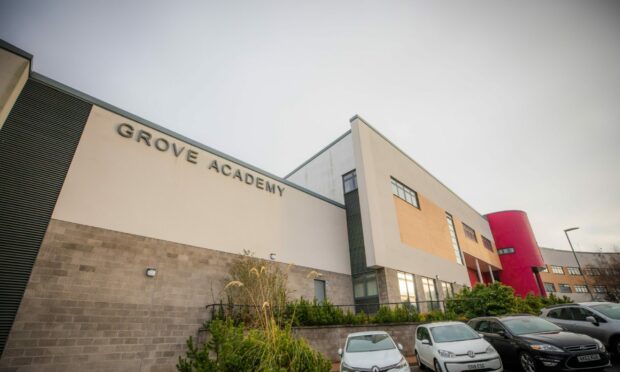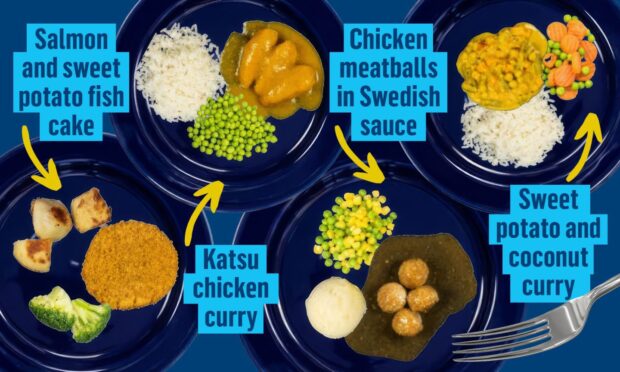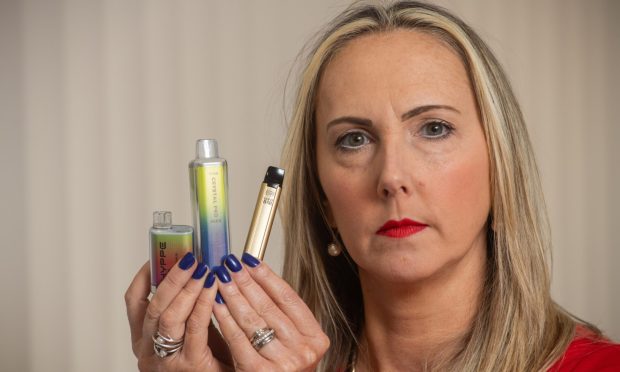Parents who are keen to boost their children’s learning should not create a ‘tussle’ between learning and fun, says an educational psychologist.
We all have a ‘fun deficit’ thanks to the Covid-19 pandemic, says Highlands-based educational psychologist James McTaggart, which needs to be addressed and rebuilt.
He said: “Try to think across the whole of life – we don’t want a tussle between fun and learning in this because we’ve all got a bit of a fun deficit.
“We’ve got a meeting and hugging grandparents deficit. We’ve got lots and lots of things to try and get back to and to rebuild and recover with.”
With many families reportedly worrying about gaps in academic learning, James says the impact of the pandemic on children’s education is yet to be discovered.
He said: “We don’t yet know how significant those gaps are, and how the significance changes between different groups.
“It may not matter so much for one child from a particular population to have certain gaps in their learning.
“But it may make a radical difference for another child in terms of their prospects.”
Bridging the gaps
Recent reports claim there has been significant amounts of lost learning.
James, from near Alness, Highlands, said: “I suppose my question would be – what’s the best way to do the best you can?
“A natural thing to do is ‘OK, we’ve lost so many hours of studies, so we need to add in so many hours of home study’.
“Have a discussion and think about whether that is the most efficient way to learn as much as you can.
“Because we might be able to do that for a while, but then it’s going to get really boring or frustrating, or it might actually make us more anxious.
“Then there’s going to be another child for whom doing quite a bit of extra study will make them feel better and make them feel less anxious.”
He says a ‘whole-life’ approach could be more productive than solely focusing on grades.
James added: “Don’t give up your sports if you love your sports, don’t give up your hobbies. Don’t give up walks nattering with your friends.
“Get as good as you can get, with the least kind of collateral disadvantage.”
Make it real
James believes that one of the most valuable ways families can enhance children’s learning is by adding context from the real world.
He suggests baking to help with numeracy skills or walks outside to aid understanding of nature projects, and reminds us that family learning ‘needn’t be like school’.
He said: “I know this was a pressure for loads of families during lockdown that they felt they had to be teachers rather than parents and that kind of role conflict was really, really difficult and quite hard to do.
“But to be a parent and to do the kind of joints and fun things that children will learn from might be better than trying to do more school at home.”
Parents have their limits, and that’s ok
James adds that it is vital that parents remember and accept that they have their limits.
He said: “We’ve all been through a bit of a time, and we might be a bit wibbly wobbly ourselves.
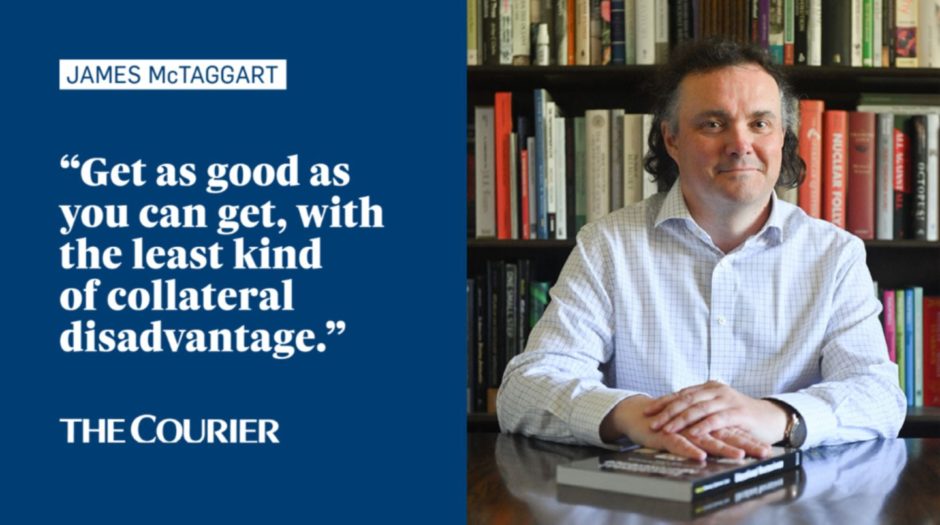
“If you can’t get your child exactly where you think they should be within three weeks, that’s OK, because that’s your family’s journey.”
Parents should try not to compare themselves and their families to others as many struggles can be well hidden, says James.
He added: “In the weeks and months ahead, the recovery trajectory is going to be different and we need to just understand that and try not to worry too much.”
*
Next, top tips in helping children take ownership of their learning are revealed by Dundee-based educational psychologist Dr Sarah Hulme, in Part 3 of our Parent Hub: Supporting Your Child’s Learning series.
Did you miss Part 1? Dr Cornelius Grove explained why he thinks leaning is ‘not about fun’.
‘It’s not about fun’ – Education expert reveals what we can learn from East Asia


